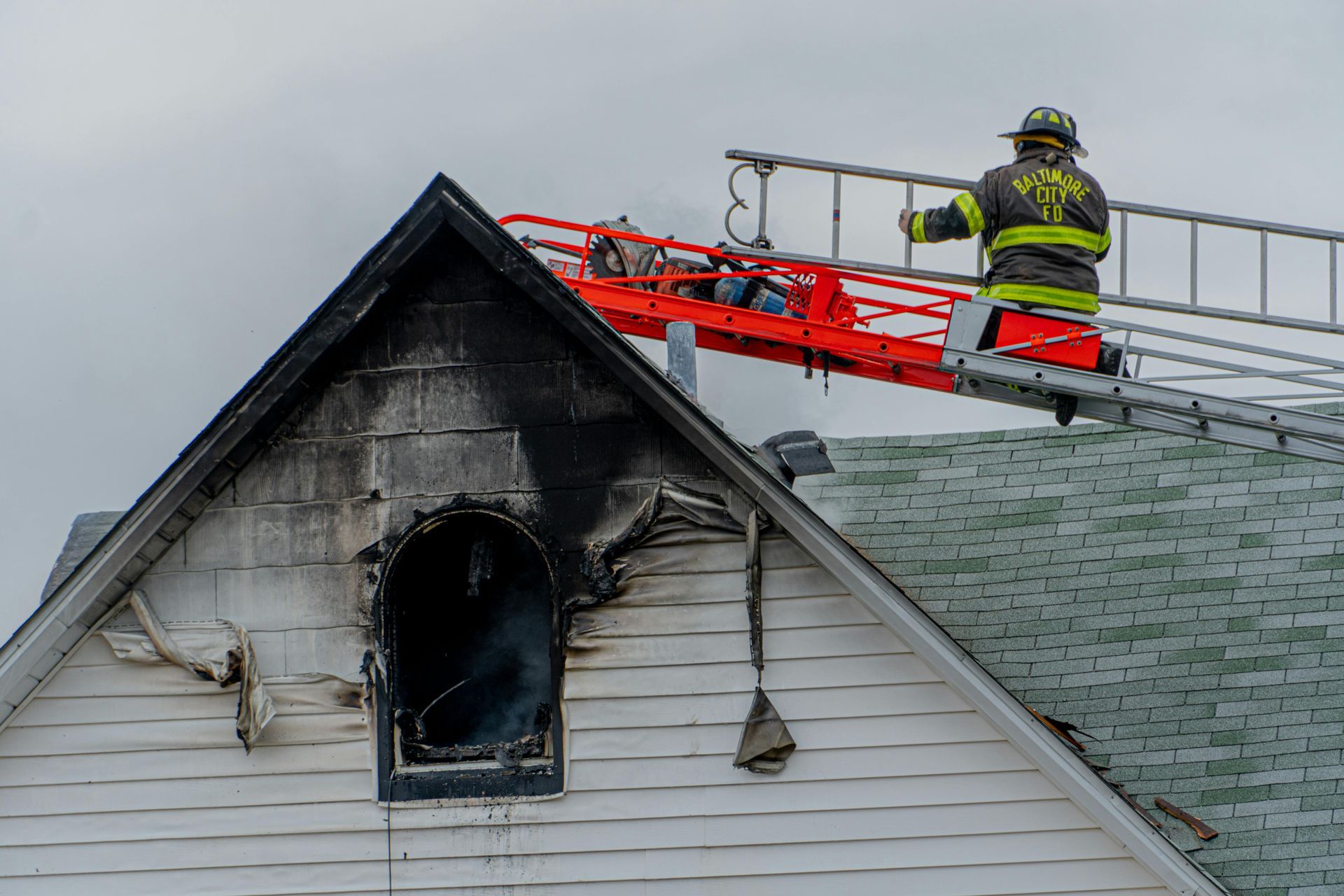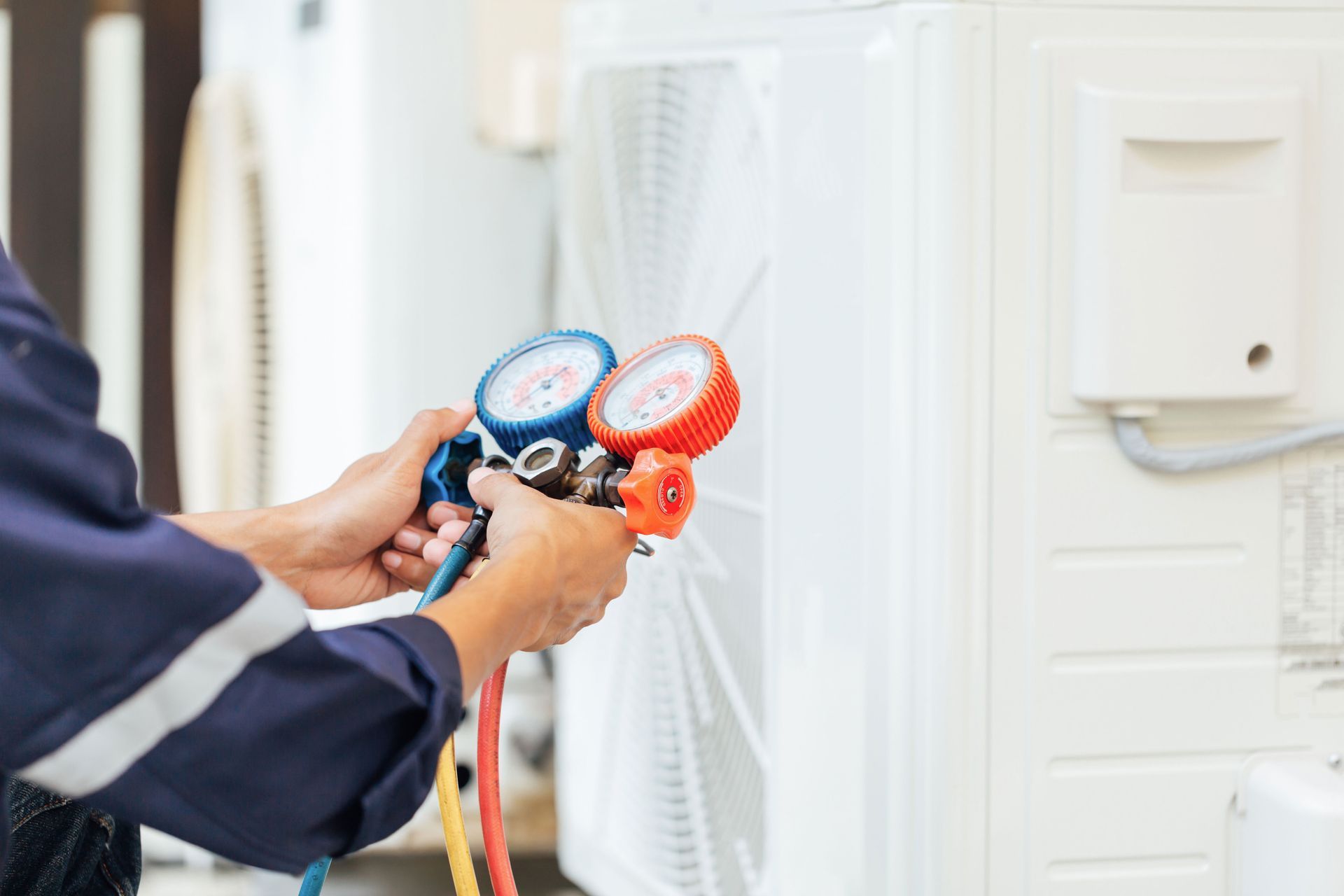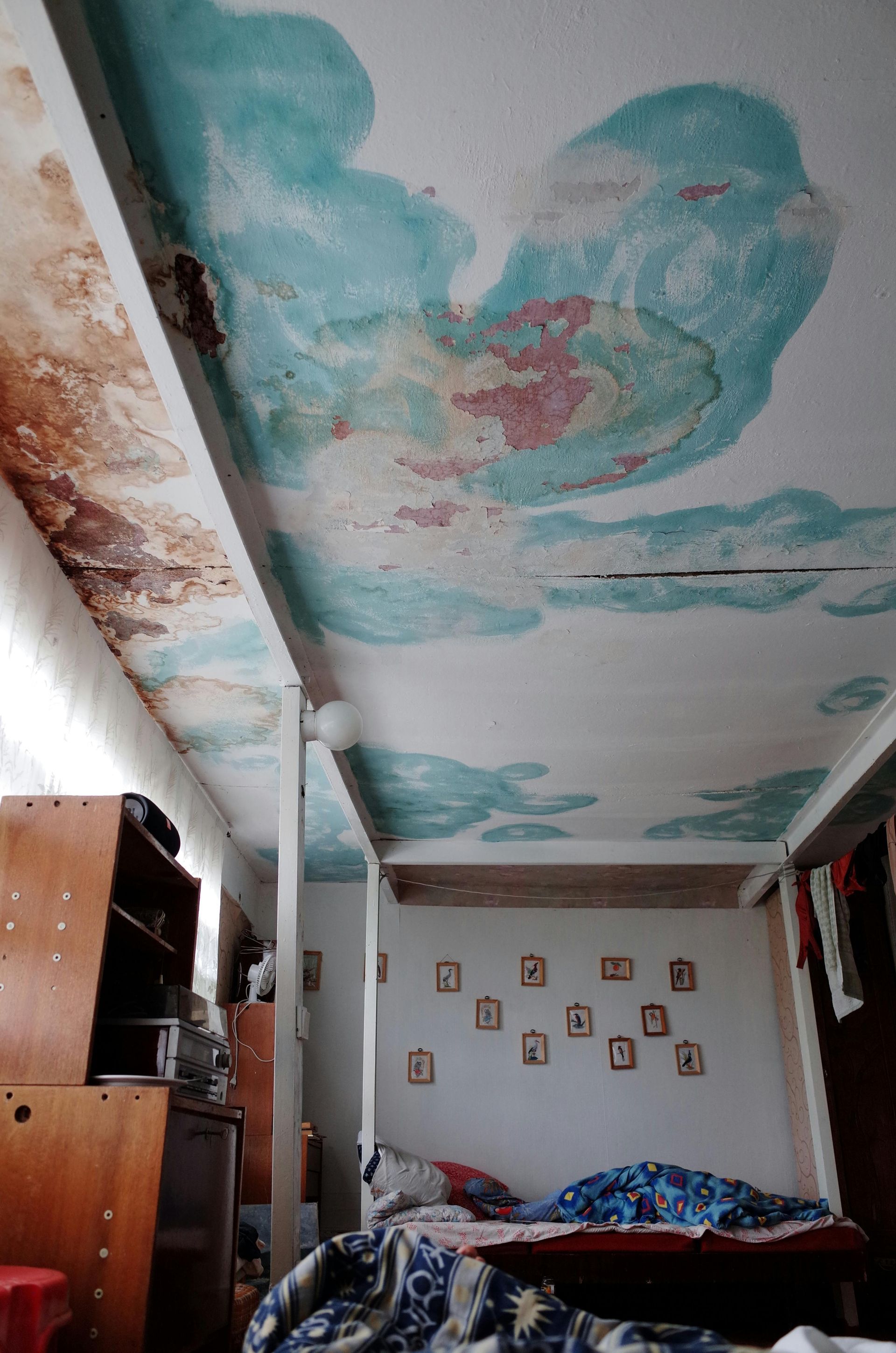The Importance of De-Winterizing Your Home
As we all joyfully get ready for the spring and summer months, it is very important to de-winterize your home. There are a few things that can be done so that you can be ready to spend time thoroughly enjoying your space during warmer weather. Here are a few tips to help you in taking care of your home and the exterior property as a means of retaining the value and keeping everything in good shape!
Pipes
Your pipes do need maintenance annually. We know that pipes can freeze during colder winter months but they can also buckle when the temperature gets really hot. Our buried pipes are protected by soil but when the weather gets super hot, the soil dries and shrinks away from the pipes. If you have an older home and haven’t ever replaced the original pipes, they are even more vulnerable to bursting. And keep in mind that water leaks in Virginia can lead to mold and rot damage!
Dewinterizing Pipes:
- Check for leaks
- Open your water heater and supply valves
- Remove aerators from drains and faucets
- Drain your water heater tank and then refill it slowly
Air Conditioning
Having it on your calendar to get your AC Unit inspected each spring is a great idea. We know that Virginia hot weather can come in quickly and it is no fun having your AC die when we are in hot and humid temperatures. This can easily be checked by inspecting the refrigeration. Low levels may indicate a leak, which can lead to a burned out compressor.
Getting your Air Conditioning unit ready for use:
- Clean or replace filters
- Calibrate your thermostat and check for any problems with your condenser
- Inspect your electrical controls and components
- Clean your condenser and evaporator coils
Sprinkler and Spigots Systems
Spring is a great time to inspect your sprinkler heads and replace any that may have become damaged over the winter months. Any outdoor spigots should be turned on in order to flush water out. Once you have drained the water out of your outdoor lines and your sprinkler system, it's a good idea to recharge them. You will want to turn the vacuum breaker clockwise and then turn the main water supply to flush them out.
Lawn & Garden
Take advantage of a warmer Spring day by raking up your yard. Get all the old leaves and dead tree limbs. Mow your yard, fertilize and start treating any weeds that may have emerged since Winter.
Gutters
If you haven’t paid much attention to your gutters since Winter, this is the time to clear out any debris that may have built up over the past few months including twigs, leaves and trash. You can do it yourself with a strong leaf blower or a hose. This is also a good time to place some screens over your downspouts and gutters to maintain unrestricted water flow.
Woodwork
Take a look at your exterior woodwork and see how much the winter months may have worn things out. This includes window frames, railing, fences, decks, doors and shutters. If you notice fading paint or any chiping, it is a good idea to paint or stain to spruce things up before it gets too hot.
Windows
Spring is a good time to remove the insulation around your windows. Take a look at the weather strips around the seals and check your caulking. It might be necessary to re-caulk and possibly paint the edges to make sure you don’t have any leaks from your air conditioning.
You might also like





